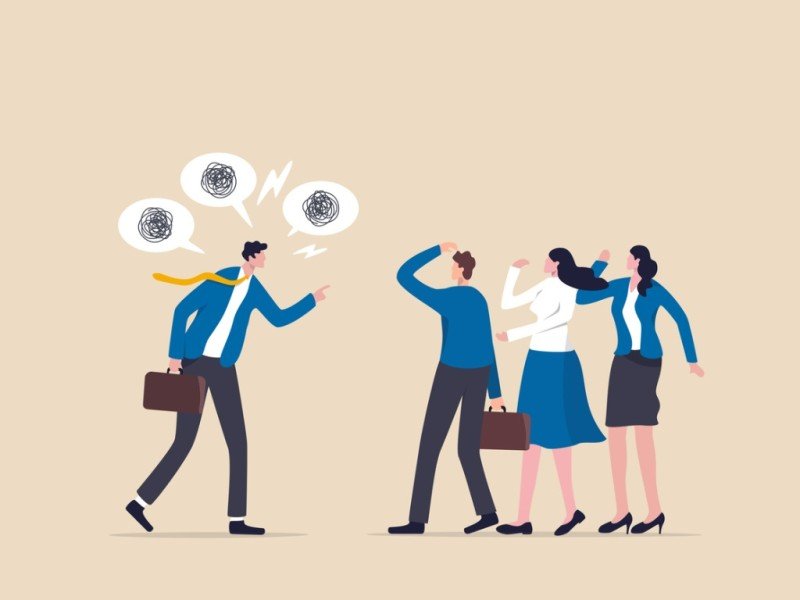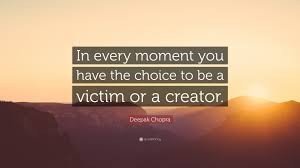Dealing with challenging people in a partnership can be a difficult and frustrating experience. It's easy to feel overwhelmed and want to give up, but with a shift in attitude and actions, it's possible to turn things around and create a more positive and productive partnership.
One way to approach this is to understand and address the "Partnership Drama Triangle," a concept adapted from David Emerald's book "The Power of TED (The Empowerment Dynamic)." In this triangle, there are three roles: the victim, the persecutor, and the rescuer. The victim complains and feels like a victim, the persecutor exerts power and control over others, and the rescuer seeks to fix or protect the victim.
However, with the right mindset, it's possible to flip these roles and create a more empowering dynamic. The victim can become the creator, focusing on what they want and taking an active role in creating it. For example, instead of complaining about a problem in the partnership, the creator would identify a specific outcome they want to see and work with their partner to find a solution.
The rescuer can become the coach, supporting and assisting the creator in achieving their goals. This means listening to the creator's vision and helping them come up with a plan to achieve it, rather than trying to fix their problems for them.
The persecutor can become the challenger, encouraging the creator to see challenges as opportunities for growth and improvement. This means questioning assumptions and encouraging the creator to think critically about their goals and actions, rather than imposing their will on the partnership.
By adopting a creator mindset and working with a coach and challenger perspective, it's possible to move beyond victimhood and drama and achieve significantly better results in your partnership. It takes effort and intentionality, but with the right approach, you can create the partnership you want and deliver positive results with a sense of purpose and fulfillment.
It's important to note that these shifts in mindset and behavior don't happen overnight. It takes time and practice to adopt a new way of thinking and interacting with your partner. However, with patience and perseverance, it's possible to build a more positive and productive partnership, even with challenging people.



